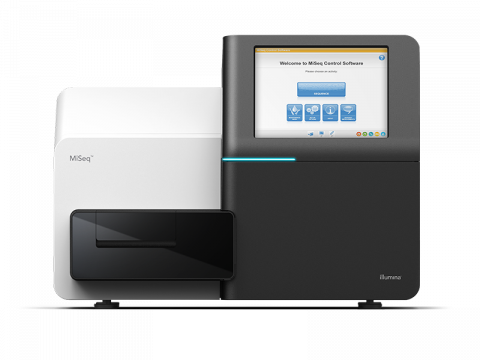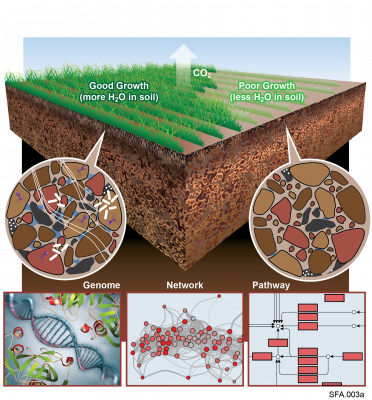Filter results
Category
- Scientific Discovery (68)
- Biology (67)
- Human Health (40)
- Earth System Science (30)
- Integrative Omics (21)
- Microbiome Science (10)
- Chemical & Biological Signatures Science (1)
- Chemistry (1)
- Computational Research (1)
- Ecosystem Science (1)
- Materials Science (1)
- National Security (1)
- Plant Science (1)
- Weapons of Mass Effect (1)
Tags
- (-) Viruses (28)
- (-) Omics (26)
- (-) Influenza A (11)
- (-) Metagenomics (10)
- Virology (77)
- Immune Response (51)
- Time Sampled Measurement Datasets (50)
- Differential Expression Analysis (46)
- Gene expression profile data (45)
- Homo sapiens (34)
- Mass spectrometry data (31)
- Multi-Omics (30)
- Health (23)
- Soil Microbiology (23)
- Virus (23)
- MERS-CoV (18)
- Mus musculus (18)
- Mass Spectrometry (14)
- Synthetic (14)
- Genomics (13)
- sequencing (13)
- West Nile virus (13)
- PerCon SFA (10)
- Ebola (9)
- High Throughput Sequencing (9)
- Microbiome (8)
- Proteomics (8)
- Machine Learning (7)
- Microarray (7)
- Synthetic Biology (7)
Category
Last updated on 2024-02-11T22:41:43+00:00 by LN Anderson PNNL DataHub NIAID Program Project: Modeling Host Responses to Understand Severe Human Virus Infections, Multi-Omic Viral Dataset Catalog Collection Background The National Institute of Allergy and Infectious Diseases (NIAID) "Modeling Host...
Category
Datasets
45
Category
Category
Category
Category
The Illumina MiSeq System Sequencer is a high-throughput DNA sequencer machine developed and manufactured by Illumina , and is designed for sequencing data acquisition using synthesis technology to provide an end-to-end solution (cluster generation, amplification, sequencing, and data analysis) in a...
The Phenotypic Response of the Soil Microbiome to Environmental Perturbations Project (Soil Microbiome SFA) at Pacific Northwest National Laboratory is a Genomic Sciences Program Science Focus Area (SFA) Project operating under the Environmental Microbiome Science Research Area. The Soil Microbiome...
Datasets
23




